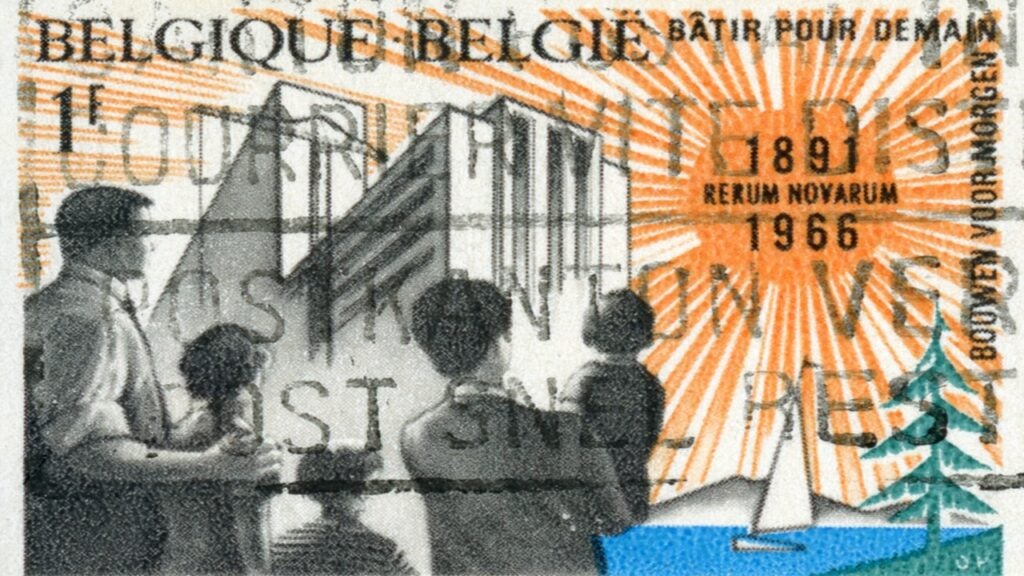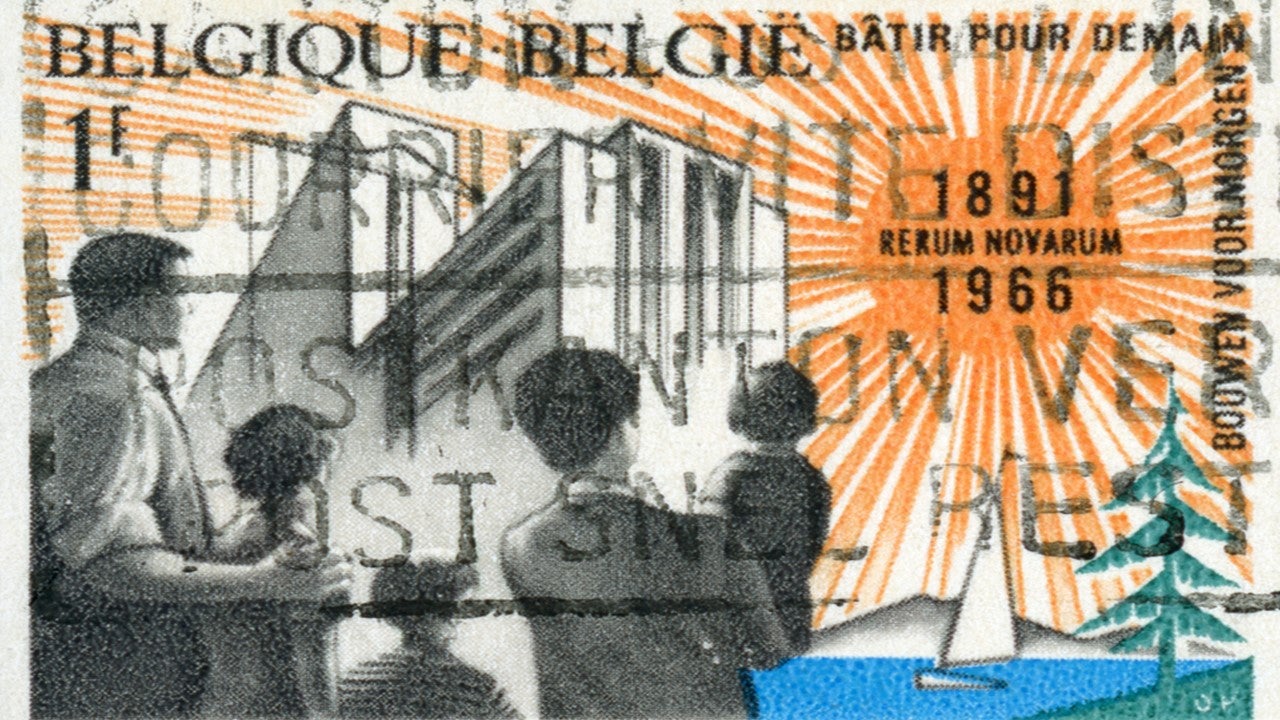Events
Framing Migration: The Role of Religious Actors in the Production of International Law
| Date | : | 08 Jan 2025 - 09 Jan 2025 |
| Venue | : | Hybrid (Online via Zoom & AS8 04-04) |
| Contact Person | : | YEO Ee Lin, Valerie |
| Programme | ||
This workshop is jointly organised by the NUS-Paris research collaboration on fostering social scientific research on Asian societies and religious networks. This project is part of the Initiative for the Study of Asian Catholics (ISAC) hosted by the Asia Research Institute at the National University of Singapore.
This workshop explores and analyses the role that Catholic figures, advocacy groups, religious orders, and intellectual resources have played in shaping norms and principles that have shaped and transformed the international law applied to migrants in the contemporary world. From a Euro-Asian perspective, it aims to analyse the role of Catholic entities in negotiating the norms that have transformed the international law applied to migrants in the contemporary world (1950-2000). Without assuming that Catholicism is a homogenous and coherent actor, this workshop will discuss and theorise Catholic networks and actors “in action” to document how they have intervened in the reception of vulnerable migrant populations in relation to shifting local contexts and international actors.
Since the end of the Second World War, a number of international organisations have been steadily developing new legal standards for the reception of migrants (Desmond, 2022). After the introduction of those social rights into the International Declaration of Human Rights, the right to a “normal family life” laid the foundations for a principle of transnational citizenship while the rights of refugees were reformulated and expanded (Moreno Lax, 2017).
Historiography has started to identify the way in which diplomatic relations between states have forged this international legal architecture (Rosental 2006, Ballinger 2020). It was promoted by an international network of social reformers who had organised itself since the beginning of the 20th century. Bringing together, among others, top-ranking civil servants, academics, journalists, trade unionists and professional experts such as engineers or physicians, it was also supported by non-governmental, philanthropic organisations defending migrants’ rights. Historians have been increasingly interested in how this wide international milieu managed to act on state legislation and the diplomacy of social and human rights. However, although their presence has often been noticed and hypothesised as a major one (Heo, 2021), little is known about the role of religious advocacy groups within this complex configuration.
However, since the 1891 papal encyclical Rerum Novarum, the first document to tackle the social problem as a whole, the Catholic Church’s understanding of its role in the world has shifted, and the papacy gradually deployed the so-called “social doctrine”, a coherent body of principles on the dignity, nature and destiny of the person and the family. Rerum Novarum, which was confirmed and updated by Quadragesimo anno in 1931, insisted that the Church had a duty to intervene in the social sphere, while the state had a duty to intervene in the defence of those who suffered most from the economic system. This had a considerable influence on the evolution of Catholic movements and on a general awakening of Catholics to social and political action in view of legislation that was to last throughout the twentieth century.
This workshop welcomes research on the collaboration with and reception of Asian migrant populations by ecclesial institutions. The workshop is interested in case studies related to migration that emerged between 1945 and 2000. It welcomes contributions considering the role of missionary and/or religious orders, the diplomatic missions of the Holy See, and humanitarian agencies or NGOs such as the Jesuit Refugee Service, the Scalabrini Migration Center, Catholic relief service, the Sant’Egidio community, and the Aggiornamenti Sociali, all active across Asia and Europe. Contributors are invited to explore how these Catholic networks interacted not only with state diplomats in international organisations devoted to working migrants and refugees but also with migrant populations and social movements representing the working class and various political ideologies. Whereas some were inspired by Christianity, others referred to socialism or communism, the two most structuring ideological forces in many European and Asian countries.
Contributors are also invited to explore how a so-called Catholic doctrine emerged, not only from a top-down perspective fostered by the Holy See and its social encyclicals of the period under study (Populorum Progressio in 1967, Octogesima Adveniens in 1971, Evangelii Nuntiandi in 1975, complemented by Justitia in Mundo from the 1971 synod of bishops), but through the concrete reaction to a series of situations involving flows of vulnerable migrants, whether exiles and refugees, whether suffering from poverty, poor work labour or living conditions, or xenophobia.
The workshop will discuss some of these situations by privileging test cases particularly relevant to understanding the intervention of Catholic networks and concerning Euro-Asian migration flows.
REGISTRATION
Registration is closed, and registered attendees have been given instructions on participating in this hybrid event. Please write to valerie.yeo@nus.edu.sg if you would like to attend the event.
WORKSHOP CONVENOR
Dr Michel Chambon | Asia Research Institute, National University of Singapore



